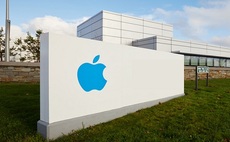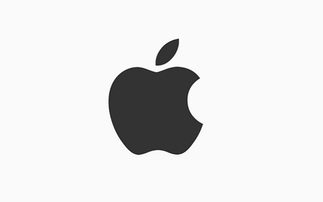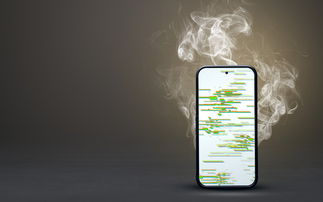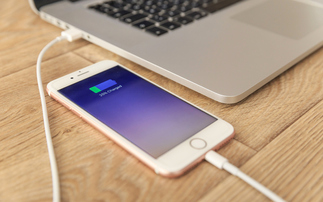The most memorable device-related stories of the past 12 months
It's been as fast-paced as ever in devices in 2013. As consumerisation opens the workplace door to more weird, wonderful or just plain sensible experiences, the grip of companies like Apple and Int...
To continue reading this article...
Join Computing
- Unlimited access to real-time news, analysis and opinion from the technology industry
- Receive important and breaking news in our daily newsletter
- Be the first to hear about our events and awards programmes
- Join live member only interviews with IT leaders at the ‘IT Lounge’; your chance to ask your burning tech questions and have them answered
- Access to the Computing Delta hub providing market intelligence and research
- Receive our members-only newsletter with exclusive opinion pieces from senior IT Leaders






















